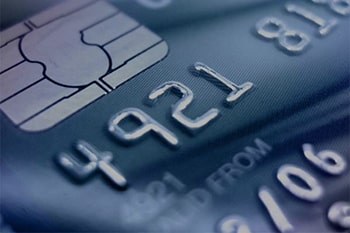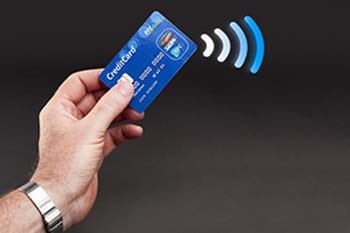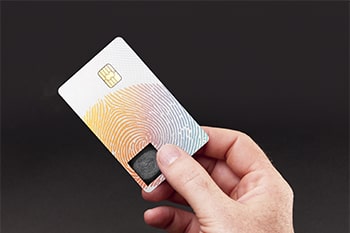
Magnetic Stripe
Card Testing International checks the quality of your magstripe cards to ensure they can be read reliably. It only takes 1/3mm misplacement of the encoded track location to create problems for the reader. CTI evaluates the placement and quality of the magstripe band against internationally recognised standards.
- Learn More

Smart Cards
CTI test smart cards and related technologies. This section covers the broader testable characteristics that cover all smart cards. IC Contact Testing helps ensure the integrity and reliability of the card at the point of transaction. CTI tests contact IC cards to recognised ISO/IEC standards - evaluating for consistency and functionality in-line with what is expected internationally.
- Learn More

RFID/NFC Contactless
Testing helps ensure the security, integrity and reliability of the card at the point of transmission. CTI tests contact IC cards to recognised ISO/IEC standards - evaluating for consistency and functionality in-line with what is expected internationally. Making sure the card is manufactured to be tamper resistant is important for security after deployment.
- Learn More

EMV® Certification
The technical specifications for smart cards and payment terminals that accept card schemes under EMV® provisions. Card Testing International smart card contact and contactless testing covers the requirements laid out by the EMV® level 1 specifications. EMV® certification level 1 covers the lower level physical, electrical and communication (transport) requirements of EMV® transactions.
- Learn More

Powered/Display/Biometric Cards
Powered cards are much like smart cards but with extended functionality afforded by the additional electronic subsystems and internal power source. Non-standardised design changes from extensions and additions expose powered cards to potential violations of card standards and practises. CTI can check what impacts (if any) your powered card design has against relevant standards and advise on potential field performance.
- Learn More

Embossing/Printing
Like anything mechanical, your card Bulk Encoder/manufacturing process can, on occasion, deviate from its optimal performance. Poor embossing can affect card insertion . If severe enough, the embossing may hit and then grind against the coin guard nibs on an insertion reader, depending on how the card is fed through the slot, subsequently causing friction and vibration. This may damage the embossing over time and/or induce Jitter (resulting in magstripe read errors). The embossing may also be misaligned on imprinting machines.
- Learn More